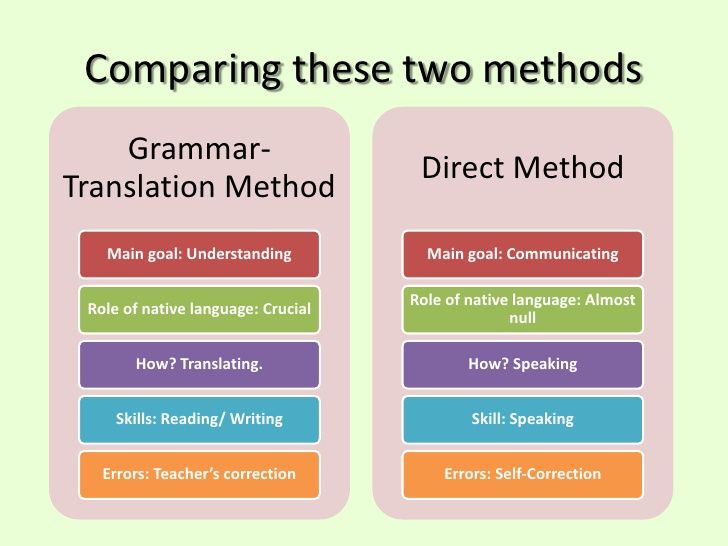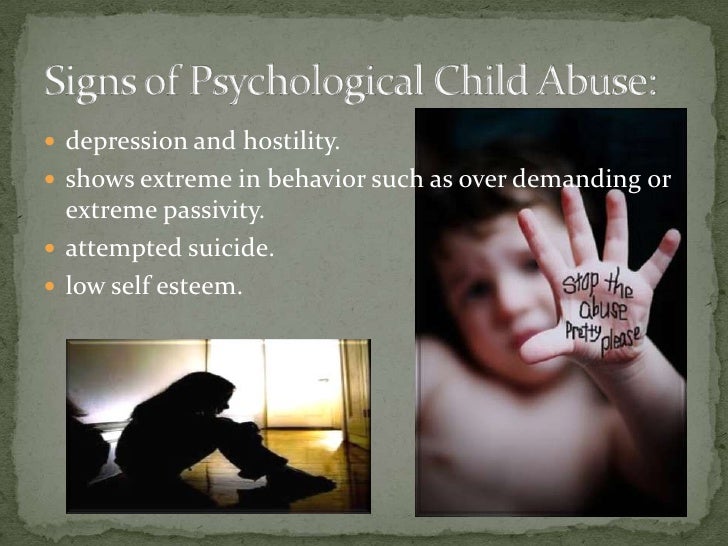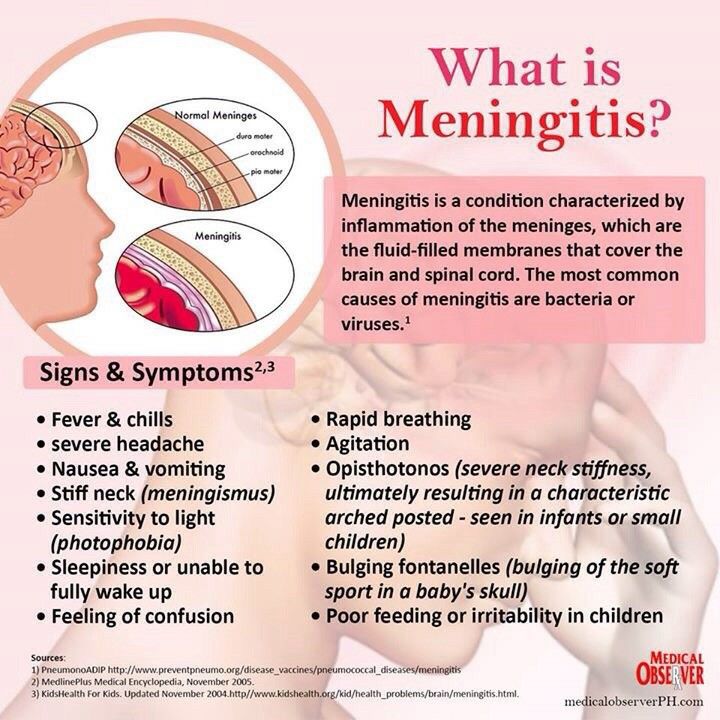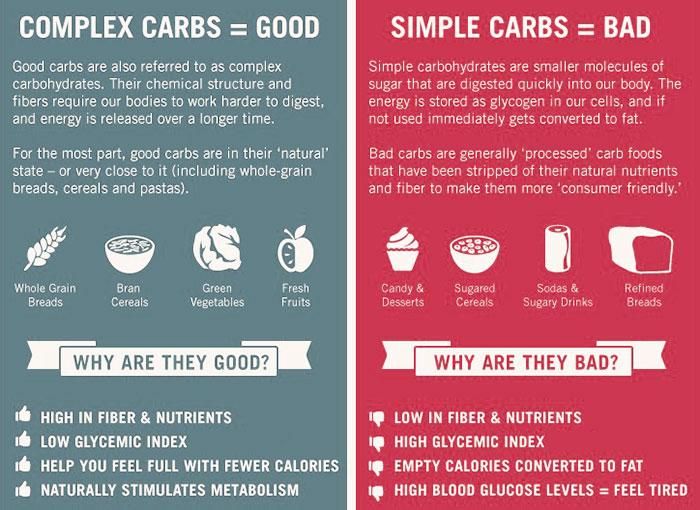Difference between depression and self pity
Is It Depression? Is It Self-Pity? Here's the Difference
Have you ever noticed that when you are feeling depressed, at least one person in your life tells you to "stop feeling sorry for yourself?" Depression and self-pity seem to go hand in hand, but they are not the same thing. Experiencing self-pity is significantly different from being blue. Here's how you can tell the difference.
How Depression Is Different from Self-Pity
A person with depression is more likely to engage in self-pity, and a person who often wallows in self-pity may have depression. In my experience, both depression and self-pity are undesirable mental states that negatively impact one's quality of life and self-esteem. So, how are they different from each other?
According to the National Institute of Mental Health,
"depression [major depressive disorder or clinical depression] is a common but serious mood disorder. It causes severe symptoms that affect how you feel, think, and handle daily activities, such as sleeping, eating, or working.
To be diagnosed with depression, the symptoms must be present for at least two weeks."1
Psychotherapist Amy Morin explains why self-pity is unnecessary and pointless.
"It goes beyond healthy sadness. When you feel sorry for yourself, you'll exaggerate your misfortune and experience a sense of hopelessness and helplessness."2
Basically, self-pity is a choice. Depression isn't. The former tends to stem from a pessimistic outlook on life and is often seen in people who are so self-absorbed that their own troubles are all they see. It makes one oblivious of the good in life because they are so busy focusing on the bad. As destructive as self-pity is, I have it on good authority (mine) that it can be controlled.
From Self-Pity to Depression and Vice Versa
It's perfectly normal and okay to feel sorry for yourself from time to time. Life is hard and unfair, after all. But if you often find yourself down the rabbit hole of self-pity, you need to work on it.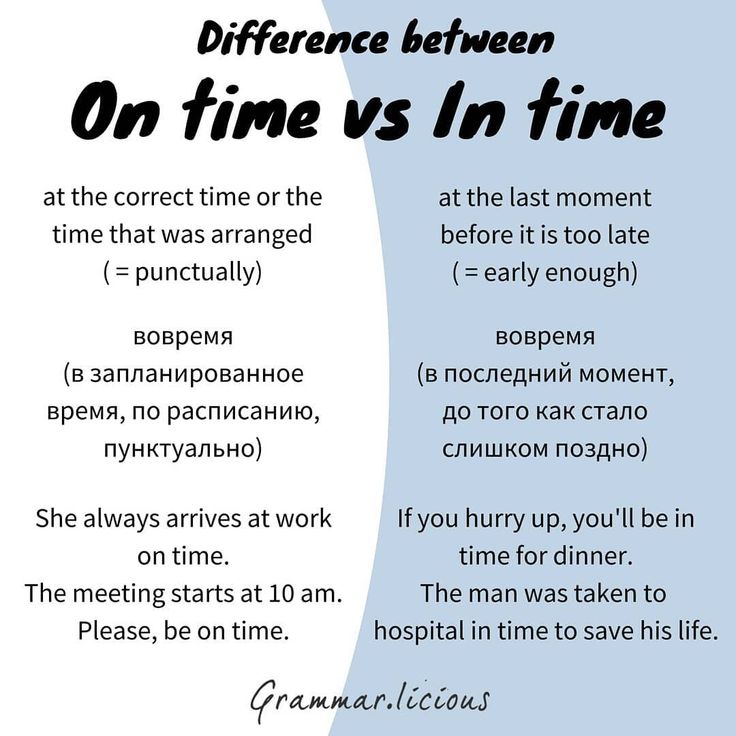 Trust me, throwing yourself one pity party after another is one of the quickest ways to get depressed, especially if you are already vulnerable to the black dog.
Trust me, throwing yourself one pity party after another is one of the quickest ways to get depressed, especially if you are already vulnerable to the black dog.
To stop feeling sorry for yourself or to prevent depression from causing self-pity, you need to be mindful of what you think. Counter negative thoughts with reality checks. And most importantly, ensure you don't have a case of victim mentality.
How do you deal with self-pity to reduce or prevent depression? Please let me know in the comments section below.
Sources
- National Institute of Mental Health, "Depression." Accessed February 24, 2021.
- Morin, A., "2 Psychological Tricks That Will Help You Stop Feeling Sorry For Yourself.", Inc., Accessed February 24, 2021
APA Reference
Shaikh, M. (2021, February 24). Is It Depression? Is It Self-Pity? Here's the Difference, HealthyPlace. Retrieved on 2023, February 27 from https://www.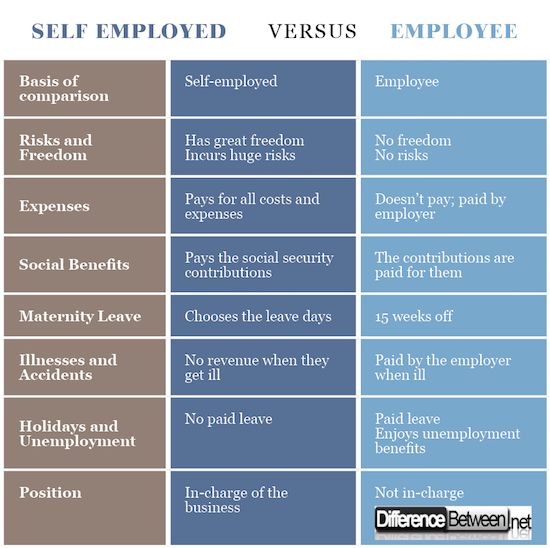 healthyplace.com/blogs/copingwithdepression/2021/2/is-it-depression-is-it-self-pity-heres-the-difference
healthyplace.com/blogs/copingwithdepression/2021/2/is-it-depression-is-it-self-pity-heres-the-difference
SAMHSA’s National Helpline | SAMHSA
Your browser is not supported
Switch to Chrome, Edge, Firefox or Safari
Main page content
-
SAMHSA’s National Helpline is a free, confidential, 24/7, 365-day-a-year treatment referral and information service (in English and Spanish) for individuals and families facing mental and/or substance use disorders.
Also visit the online treatment locator.
SAMHSA’s National Helpline, 1-800-662-HELP (4357) (also known as the Treatment Referral Routing Service), or TTY: 1-800-487-4889 is a confidential, free, 24-hour-a-day, 365-day-a-year, information service, in English and Spanish, for individuals and family members facing mental and/or substance use disorders.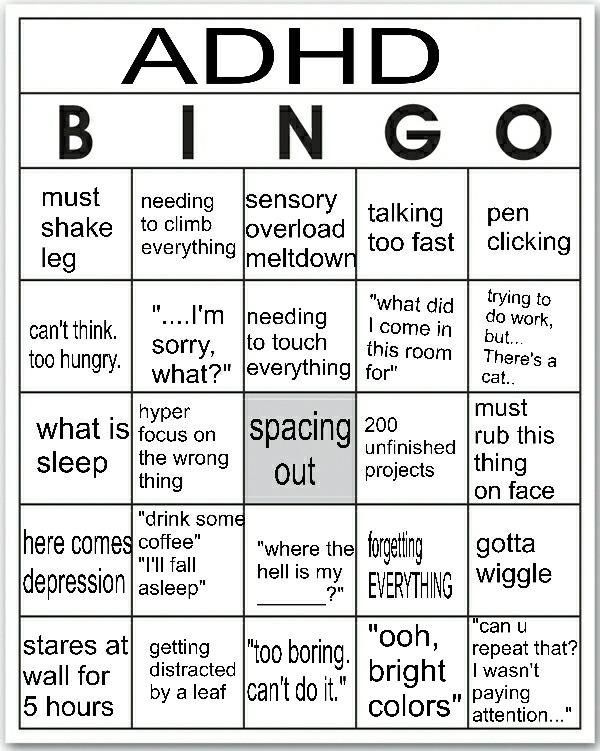 This service provides referrals to local treatment facilities, support groups, and community-based organizations.
This service provides referrals to local treatment facilities, support groups, and community-based organizations.
Also visit the online treatment locator, or send your zip code via text message: 435748 (HELP4U) to find help near you. Read more about the HELP4U text messaging service.
The service is open 24/7, 365 days a year.
English and Spanish are available if you select the option to speak with a national representative. Currently, the 435748 (HELP4U) text messaging service is only available in English.
In 2020, the Helpline received 833,598 calls. This is a 27 percent increase from 2019, when the Helpline received a total of 656,953 calls for the year.
The referral service is free of charge. If you have no insurance or are underinsured, we will refer you to your state office, which is responsible for state-funded treatment programs. In addition, we can often refer you to facilities that charge on a sliding fee scale or accept Medicare or Medicaid. If you have health insurance, you are encouraged to contact your insurer for a list of participating health care providers and facilities.
If you have health insurance, you are encouraged to contact your insurer for a list of participating health care providers and facilities.
The service is confidential. We will not ask you for any personal information. We may ask for your zip code or other pertinent geographic information in order to track calls being routed to other offices or to accurately identify the local resources appropriate to your needs.
No, we do not provide counseling. Trained information specialists answer calls, transfer callers to state services or other appropriate intake centers in their states, and connect them with local assistance and support.
-
Suggested Resources
What Is Substance Abuse Treatment? A Booklet for Families
Created for family members of people with alcohol abuse or drug abuse problems. Answers questions about substance abuse, its symptoms, different types of treatment, and recovery. Addresses concerns of children of parents with substance use/abuse problems.
Addresses concerns of children of parents with substance use/abuse problems.It's Not Your Fault (NACoA) (PDF | 12 KB)
Assures teens with parents who abuse alcohol or drugs that, "It's not your fault!" and that they are not alone. Encourages teens to seek emotional support from other adults, school counselors, and youth support groups such as Alateen, and provides a resource list.After an Attempt: A Guide for Taking Care of Your Family Member After Treatment in the Emergency Department
Aids family members in coping with the aftermath of a relative's suicide attempt. Describes the emergency department treatment process, lists questions to ask about follow-up treatment, and describes how to reduce risk and ensure safety at home.Family Therapy Can Help: For People in Recovery From Mental Illness or Addiction
Explores the role of family therapy in recovery from mental illness or substance abuse. Explains how family therapy sessions are run and who conducts them, describes a typical session, and provides information on its effectiveness in recovery.
For additional resources, please visit the SAMHSA Store.
Last Updated: 08/30/2022
How self-pity is more useful than depression and how to distinguish one from the other - an article on TCHK
Self-pity is often recognized as a weakness that only harms. Many believe that it turns a person into a victim, deprives self-respect and the ability to take responsibility for one's life. However, there is only a small fraction of the truth in this opinion. Psychologist Anastasia Glebova told why it is sometimes worth plunging into self-pity and how to benefit from this process.
Pity vs depression: looking for differences
A quarrel with loved ones, loss of a job, breakup of relationships - any circumstances that are hard to come to terms with can cause a desire to feel sorry for yourself. This is fine! In this state, a person experiences many things at once: resentment, sadness, anger, depression, loss of strength.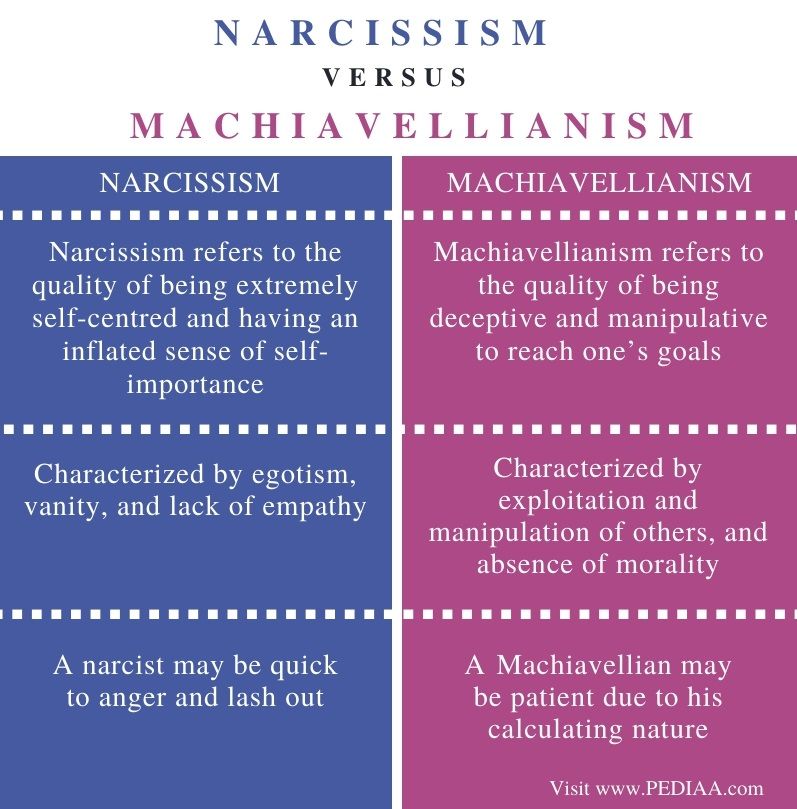
These symptoms are similar to depression. Only now the attack of self-pity passes quickly - in two or three days. A more or less healthy psyche gets tired of negative emotions and encourages action - to look for a way out of the crisis and an opportunity for positive experiences. A depressive episode can last for months or even years.
If a person is able to cope with bouts of pity on their own and even benefit from them, then the situation is different with depression. Depression is considered a mental disorder in which the balance of neurotransmitters - serotonin, norepinephrine and dopamine is disturbed. It is possible to defeat it only with the help of specialists. You can read more about the causes and effects of depression here.
How is self-pity different from depression
| Criterion | Self-pity | Depression |
| Symptoms Fixation on failure, self-blame, poor appetite, thoughts of death | ||
| Duration | Seizures appear within 2-3 days | Seizures last at least 2 weeks. |
| Benefits | helps to spill the negative: it is better not to suppress emotions, and to live | is not |
| How to get rid of | with a strong -willed force | using doctors |
, which is the benefits of pitying to themselves. Seven Arguments “for”
Pitying ourselves, we maintain our mental and physical health.
1. We take care of ourselves. Even in childhood, a person learns to feel sorry for himself, accepting the consolation of his parents. This is the first defensive tactic of the psyche, helping to better cope with disappointments.
2. Stay healthy. When children are sad, they do not hesitate to cry. And literally in five minutes they suddenly calm down and happily take up their business. Adults are more likely to seal emotions inside, considering their excessive manifestation as unworthy behavior. However, if you do not give vent to feelings, health may suffer. Many studies suggest that holding back strong emotions provokes a decrease in immunity, cardiovascular disease and mental disorders. Therefore, try to take an example from children, but in an adult way. Decide that you will feel sorry for yourself now, but then you will pull yourself together.
Many studies suggest that holding back strong emotions provokes a decrease in immunity, cardiovascular disease and mental disorders. Therefore, try to take an example from children, but in an adult way. Decide that you will feel sorry for yourself now, but then you will pull yourself together.
3. "Reboot" the nervous system. Self-pity is a way to briefly isolate yourself from the outside world, give yourself a break from worries and reboot. The process can become a real healing rest.
4. Get rid of stress. Crying releases oxytocin, endorphins and stress-relieving hormones. No wonder they say: "Cry - it will become easier."
5. Understanding feelings. When you are experiencing emotions, it is easier to determine what exactly makes you feel sorry for yourself.
6. Rethink the situation. After the release of emotions, relief comes, the head clears up. This is the perfect moment to calmly reflect on your life and consider options for solving problems.
7. Develop empathy. If you managed to go from self-pity to calm adequate decisions, you will understand those who find themselves in a similar situation. Perhaps, thanks to this experience, you will be able to provide someone with invaluable help.
The main rule is not to get carried away with self-pity. Otherwise, this process will become destructive.
Why self-pity is dangerous
It's easy to get stuck in it. Sometimes self-pity, like a broken record, returns to the past and prevents you from appreciating what is here and now. Often it becomes a platform for a destructive, but at the same time a very convenient position, when you can give up changes and plans for life. This means that it is difficult for a person to move from self-pity to a calm analysis of upsetting events.
How it manifests:
- a person blames others for his failures;
- refuses to look at the situation from a new angle;
- says that the world is unfair to him;
- broadcasts to others how unlucky he is;
- accepts only the opinion that supports his desire to feel sorry for himself;
- disdainful of advice.
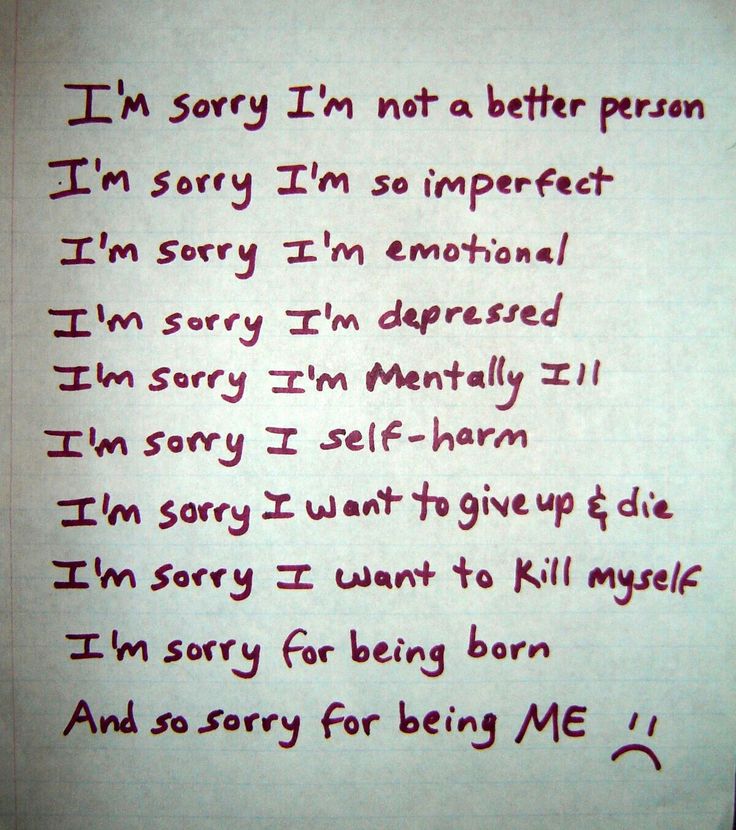
No wonder that in this form self-pity often becomes the beginning of depression.
How to feel sorry for yourself in order to move on
Many experts believe that feeling sorry for yourself is better in seclusion. For example, personal growth coach and former politician Irina Khakamada says that in such a situation she prefers to go alone to the country for a few days to feel sorry for herself. So you will not disturb your loved ones, and they will not prevent you from calmly going through the whole process: without interference and embarrassment, cry out loud, break dishes, listen to heartbreaking music - in general, arrange an intoxicating theme party called "I am the most miserable person in the world" and thereby get the necessary discharge. Time alone can be very valuable for understanding feelings and making decisions.
Being alone does not mean that you should reject help and not listen to anyone. On the contrary, it is helpful to realize that your experiences are not unique and to listen to someone with a similar experience.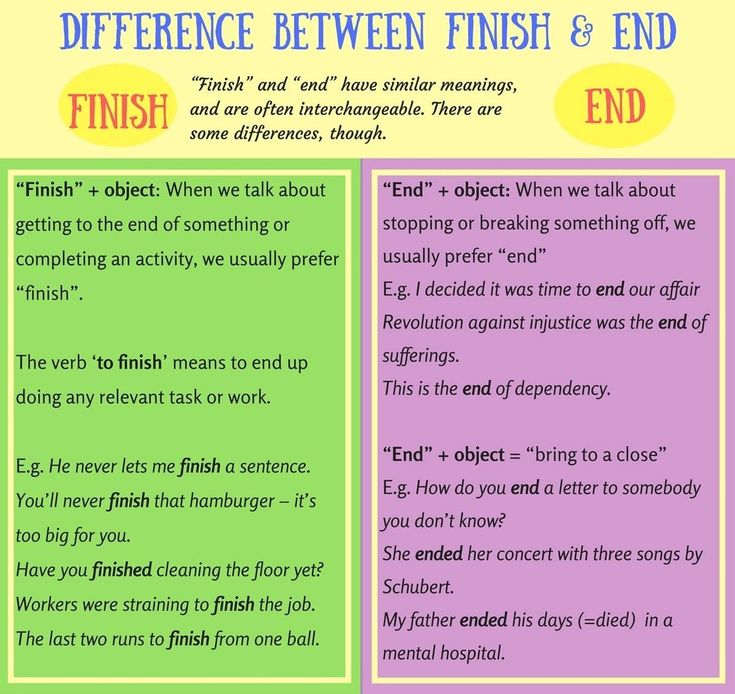 Or just let your friends support you.
Or just let your friends support you.
Take a break. Perhaps you are not ready to immediately understand everything and sort it out. In this case, it is worth redirecting attention to new events. For example, to go to the nearest settlement where you have never been before. Or even go to another country, where you have to communicate with the locals only with gestures. When you find yourself in non-standard conditions, the brain will begin to work actively, and the psyche will instantly rebuild. Such a shake-up will help you look at the events that saddened you from a different angle.
Try to look at yourself from the outside. If, feeling sorry for yourself, you suddenly began to find beauty in it, then the critical moment is behind you. Then it's time to think about the nature of your feelings and reflect on further actions.
Calculate the strategy and act. If you managed to look at the situation in a detached way, seize the moment - make decisions.
Thank those involved. Those who made you worry did you a favor. Thanks to them, you were able to discover new qualities in yourself and find your own path.
Do you allow yourself self-pity? Will you now?
Is feeling sorry for yourself good or bad?
Imagine: you had a hard day, you worked hard and, it would seem, it was time for a well-deserved rest. But it is at this moment that the inner voice of a severe critic begins to treacherously whisper about unfinished business and unjustified indulgences. As a result, an attack of sudden self-pity, multiplied by doubts about the correctness of one's own behavior. Perhaps pitying oneself really means showing weakness of will? Or is there a constructive and environmentally friendly attitude to one's own mental health? We understand the issue together with the psychotherapist Mintimer Missarov.
Julia Samoshkina
Tags:
psychology
Do not self-medicate! In our articles, we collect the latest scientific data and the opinions of authoritative health experts. But remember: only a doctor can diagnose and prescribe treatment.
But remember: only a doctor can diagnose and prescribe treatment.
The modern culture of “achievement” has taught us that it is harmful to feel sorry for yourself. Every man hears from childhood: you can’t cry, you can’t show fatigue, otherwise what kind of “stronger sex” are you? Women also face this pressure, but usually in the field of childcare. And this pressure from outside gradually becomes our own voice of inner critic, which is heard more and more clearly in the conditions of social demand for constant self-improvement. In the arsenal of such a critic, usually only a whip and a whip: he doesn’t even think about gingerbread, believing that if you feel sorry for yourself at least once, you can instantly get out of the resource state and blossom.
And how, in fact, does science relate to self-criticism and self-support? Is self-pity useful, or is it only harmful?
Here's what scientists think about it.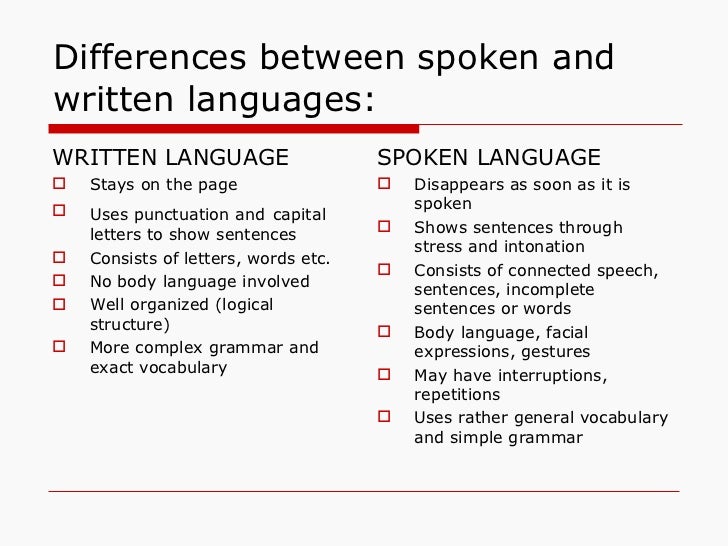
Not so long ago, the scientist Paul Gilbert found that many mental disorders, including depression, are more severe if a person is critical of himself, often feels guilty or ashamed. For such people, the voice of the inner critic sounds especially loud, rapidly worsening their mental state. Paul Gilbert began to study this phenomenon and as a result created a scientifically based method of psychotherapy compassion-focused therapy which means "compassion-focused therapy". This method helped people with depression feel more supportive of themselves, and this reduced guilt and shame, allowing depression to be overcome.
A Nobel laureate in economics Daniel Kahneman in his book “Think Slowly, Decide Fast” cited experimental data that prove that the conventional “carrot” in relation to itself brings more benefits and efficiency than the “stick”.
Both scientists are unanimous: treating yourself with support, motivating yourself with a “carrot” and not a “stick” is much more useful for mental success and efficiency in life than living under the constant yoke of perfectionism, not allowing yourself to take a break and feeling like a squirrel in a wheel .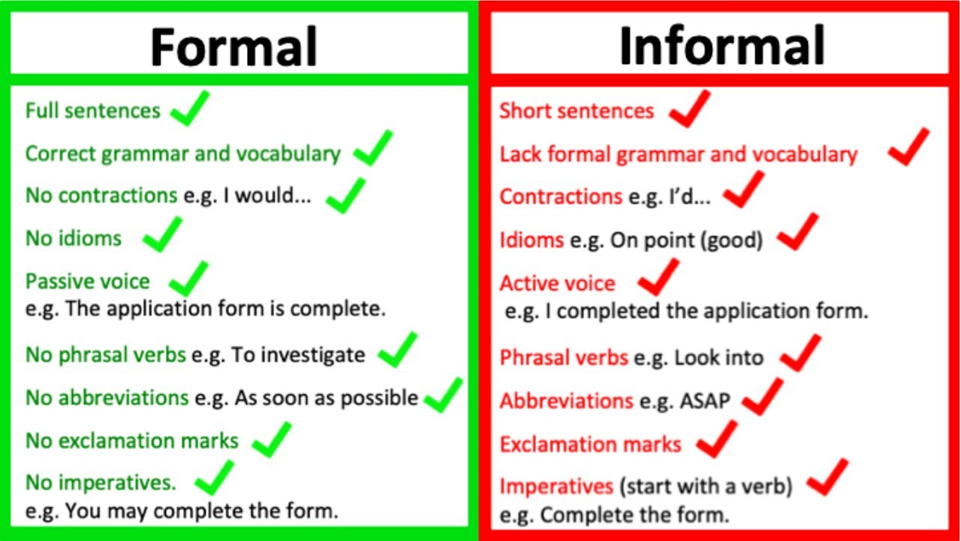
Let's say we realized that it is important and useful to support ourselves. But won't such tactics of behavior eventually turn us into lazybones?
The whole secret is that competent self-support means not feeling sorry for yourself, and pity yourself .
Compassion and pity have a fundamental difference. Pity is sensitivity to suffering experienced by another or ourselves. And compassion is not only about “feeling suffering”, but also about “being ready and willing to prevent or alleviate suffering” .
That is, pity is something passive, while compassion is an active and courageous attitude.
The very concept of "compassion" has also been actively studied. So, at Harvard there is even a whole laboratory for the study of self-compassion. For example, relevant studies (Arch et al. 2014) have shown that if compassion is practiced wisely, cortisol, amylase levels, and heart rate variability can be improved. In other words, reduce stress.
In other words, reduce stress.
It was the development of the skill of self-compassion that later formed the basis of the very compassion-focused therapy , which is now successfully used to treat clinical depression, anxiety, and even bipolar disorder.
What techniques of self-compassion exist today?
The first technique is the Calming Breath. With regular practice, once or twice a day, it will allow you to pacify the voice of the inner perfectionist who does not give you mercy and the right to rest or even respite.
- First, make sure you are sitting comfortably with both feet touching the floor. Position them shoulder width apart.
- Place your palms on your thighs, close your eyes, or look down at the floor. Relax your face, feel as if a small smile has frozen on it.
- Start concentrating on your breath.
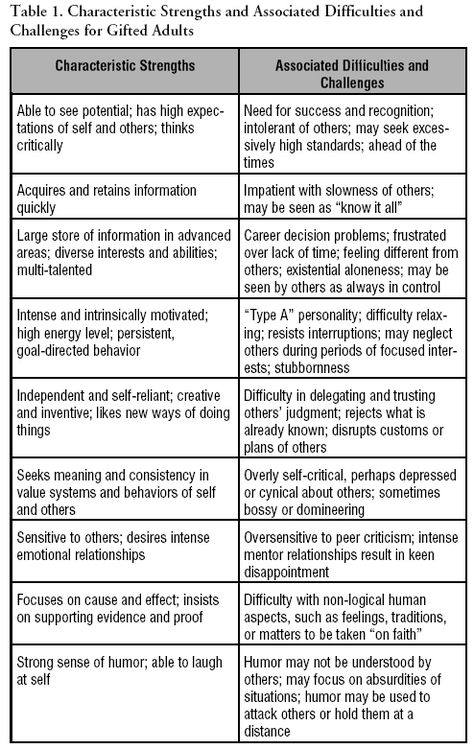 Let the inhaling air sink deep down to the diaphragm, feel how it moves and how the air comes out as you exhale.
Let the inhaling air sink deep down to the diaphragm, feel how it moves and how the air comes out as you exhale. - Play with the speed of your breath until you find a comfortable rhythm. You will likely find that your calming rhythm is about three seconds of inhalation, a short pause, and three seconds of exhalation. Continue focusing exclusively on calm breathing through your nose.
- Then comes the moment of grounding. Pay attention to the body, feel how its weight presses on the chair and the floor under your feet. Allow yourself to feel supported by the chair or armchair you are sitting in.
- Remember that it is perfectly normal for the mind to wander in thought: notice where your thoughts are now and carefully bring the focus back to awareness of your own body.
- Feel the air coming out of your nostrils and just allow yourself to be. If you find yourself "stuck" on your breath, try shifting your focus to an object. You can hold something like a smooth stone or a tangerine in your hand.
 Focus on the object as well as your breath and pay attention to how you feel here and now.
Focus on the object as well as your breath and pay attention to how you feel here and now. - When you are ready, slowly open your eyes and return to the present moment. Stretch a little, take a deep breath and exhale, this will help you to positively tune in to continue or end the day.
The second technique is Compassionate Self. This is a vital feeling that must be developed not only in relation to others, but also to oneself.
- Start with Calming Breathing. When your body slows down a bit and you are ready to begin, imagine that you are a deeply compassionate person. Focus on wanting to become one. Imagine that you have the qualities necessary for the ability to compassion: wisdom, strength, warmth and responsibility.
- Realize that wisdom comes from your understanding of the nature of life, our mind and body. Spend some time thinking about how much is happening within us and is not our fault.

Learn more




